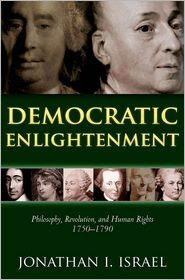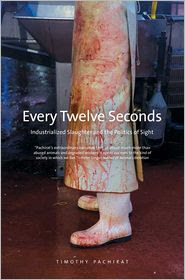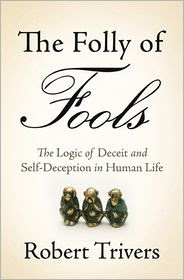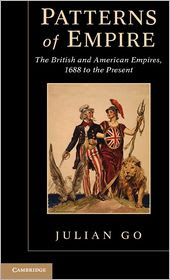
New from Yale University Press:
Ralph Tailor's Summer: A Scrivener, His City and the Plague by
Keith Wrightson.
About the book, from the publisher:
The plague outbreak of 1636 in Newcastle-upon-Tyne was one of the most devastating in English history. This hugely moving study looks in detail at its impact on the city through the eyes of a man who stayed as others fled: the scrivener Ralph Tailor.
As a scrivener Tailor was responsible for many of the wills and inventories of his fellow citizens. By listening to and writing down the final wishes of the dying, the young scrivener often became the principal provider of comfort in people’s last hours. Drawing on the rich records left by Tailor during the course of his work along with many other sources, Keith Wrightson vividly reconstructs life in the early modern city during a time of crisis and envisions what such a calamitous decimation of the population must have meant for personal, familial, and social relations.
Keith Wrightson is the Townsend Professor of History at Yale University and the author of
Earthly Necessities: Economic Lives in Early Modern Britain.
 About the book, from the publisher:
About the book, from the publisher:






























